


Launched on April 11 at a ceremony attended by the Governor of São Paulo state, the Science for Development Center in Digital Agriculture is a collaboration between FAPESP and EMBRAPA, with other institutions. Its remit will be to connect farmers to innovations that cut costs and assure sustainability.
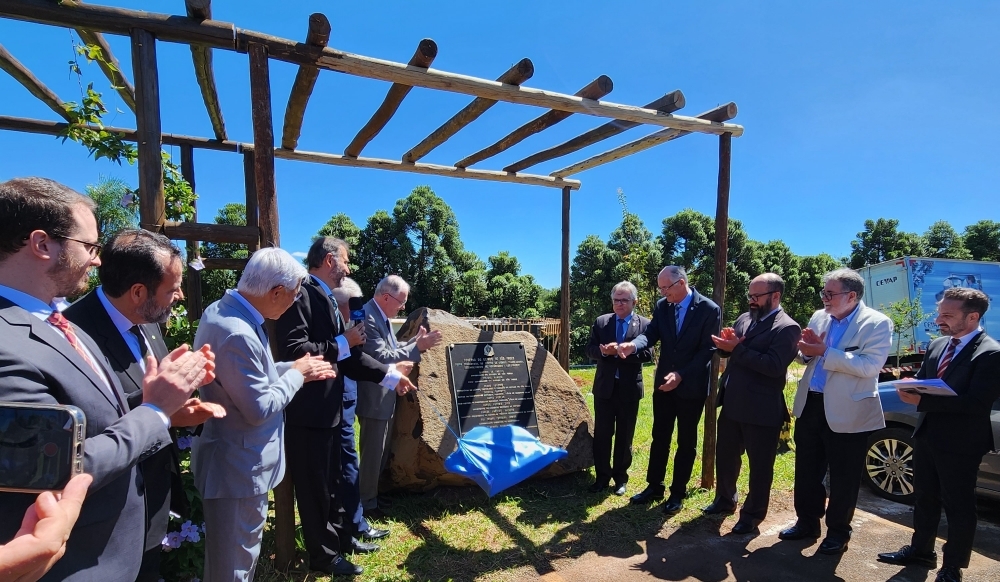
With the support of FAPESP’s Science for Development Center Program, the unit hosted by São Paulo State University will produce pilot batches of candidate biopharmaceuticals and vaccines for clinical trials. The aim is to help researchers and startups survive the “valley of death” in clinical research.
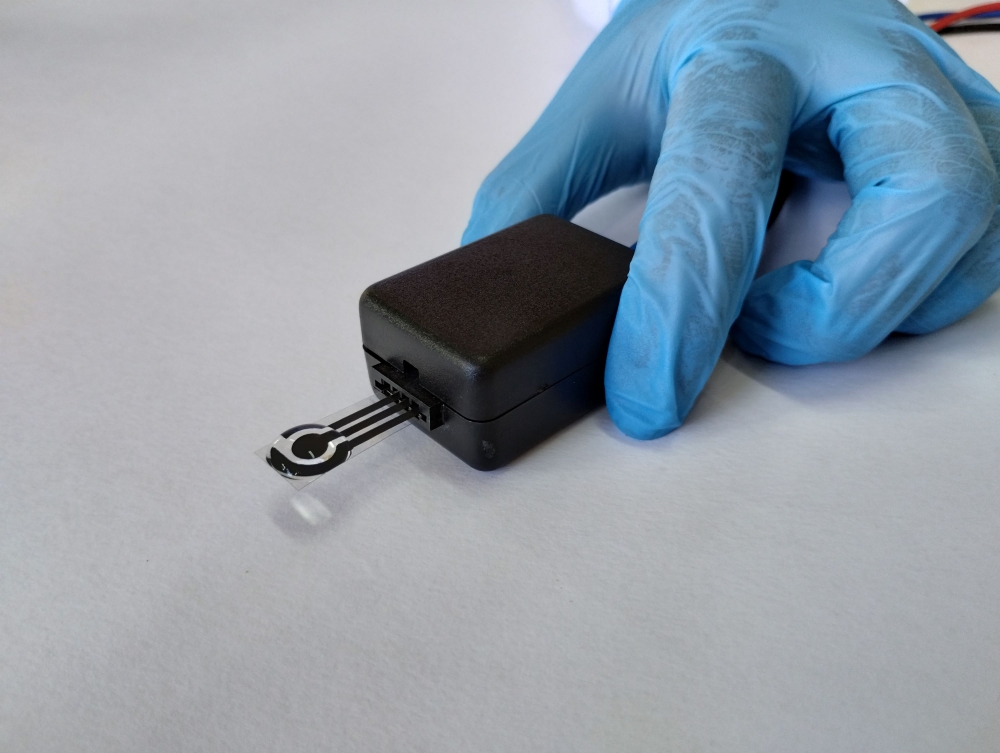
Developed at the University of São Paulo, the device permits corrections to the dosage of the analgesic to improve its efficacy according to the patient’s profile and avoid toxic side effects or overdose.
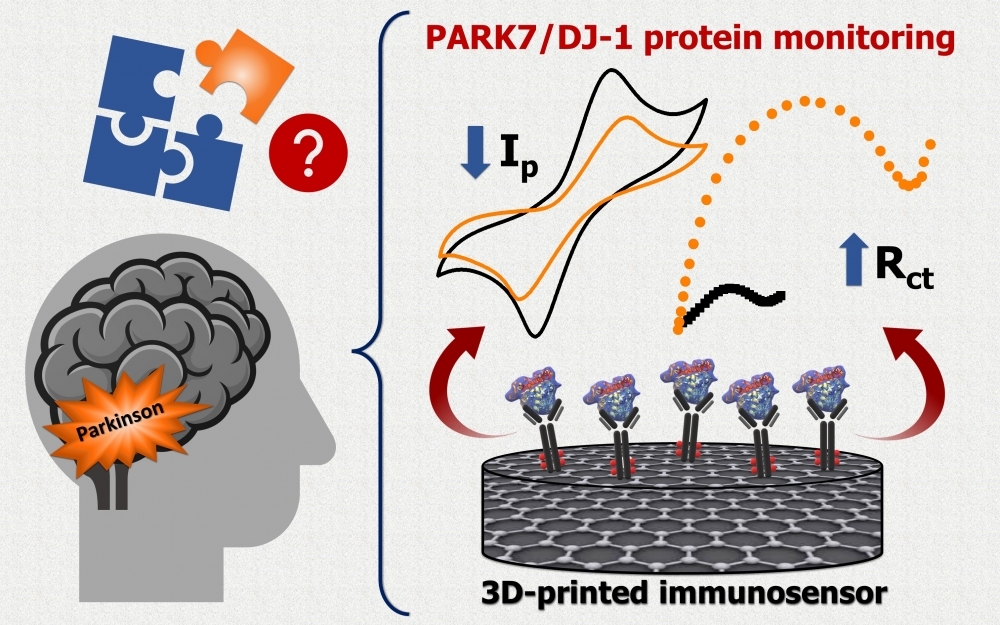
The device, produced by ordinary 3D printing and capable of being miniaturized, detects levels of the protein PARK7/DJ-1, which is associated with the disease. The study used samples of blood serum and cerebrospinal fluid.
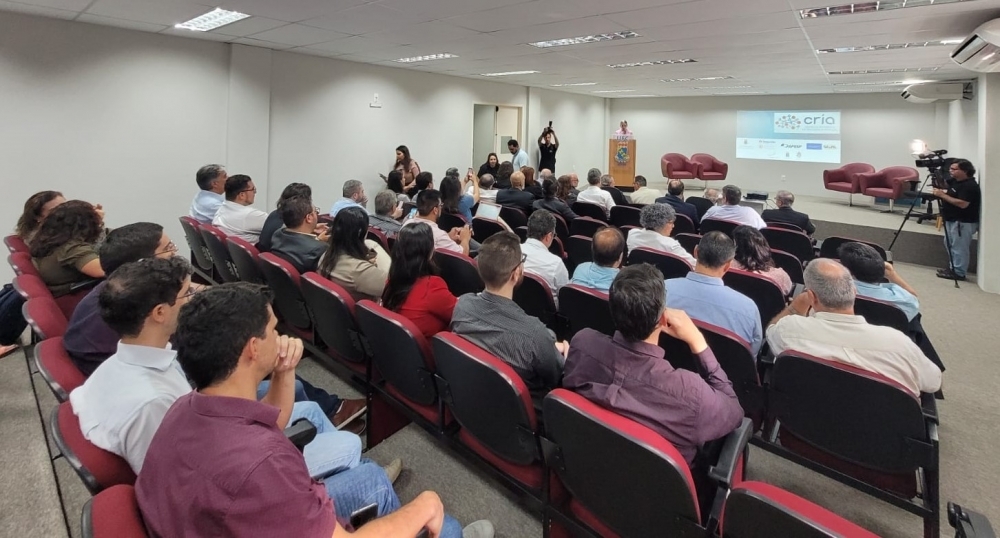
The center will be hosted by the Federal University of Ceará and will focus on the use of the Internet of Things, big data, digital transformation and cutting-edge technology in prevention, diagnosis and low-cost therapies.
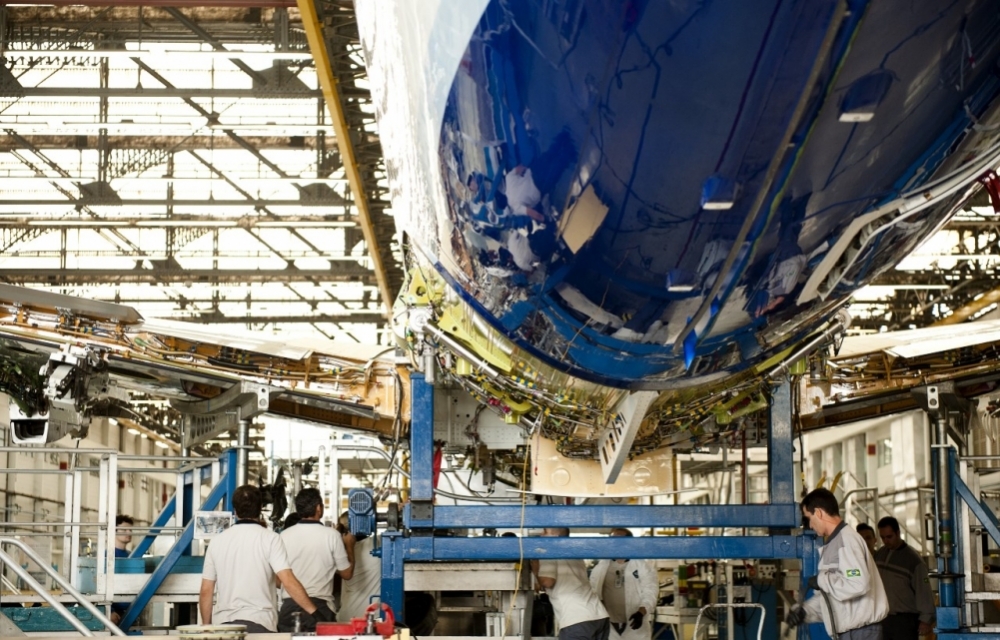
Established by FAPESP and Embraer at the Aeronautical Technology Institute (ITA), ERC-AMF will conduct research on innovative topics with the potential to contribute to the competitiveness of Brazil’s aerospace industry.
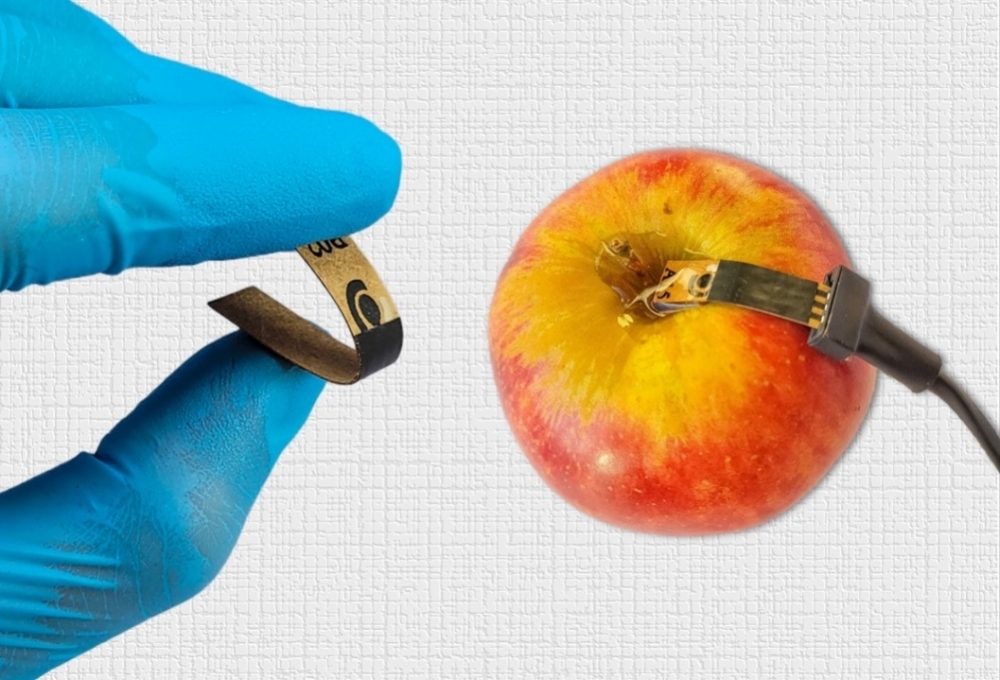
A device developed at the University of São Paulo resembles the glucometer used by diabetics to measure blood sugar: when it comes into contact with the surface of a fruit or vegetable, it detects and quantifies any traces of carbendazim, a fungicide in widespread use in Brazil despite being banned.
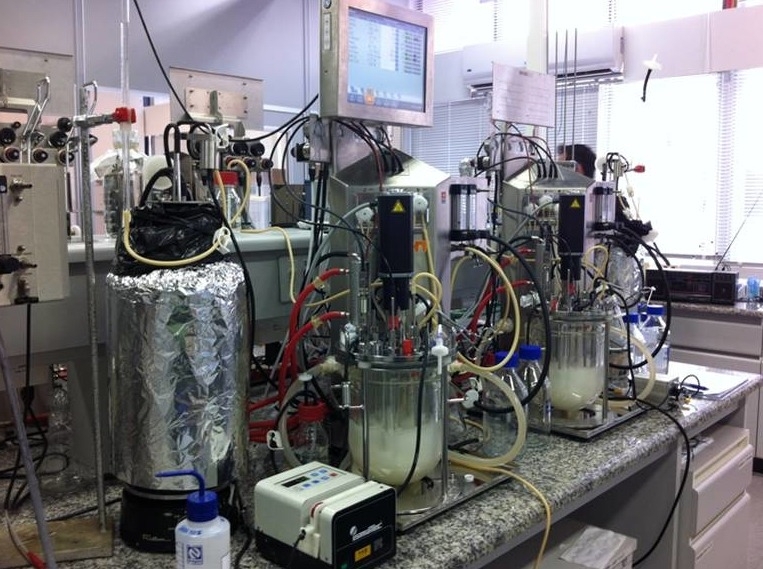
Brazilian researchers identified the genes that make the industrial yeast strain Saccharomyces cerevisiae SA-1 resistant to fermentation inhibitors generated during sugarcane bagasse preprocessing. The discovery will be useful as a basis for metabolic engineering of the microorganism.
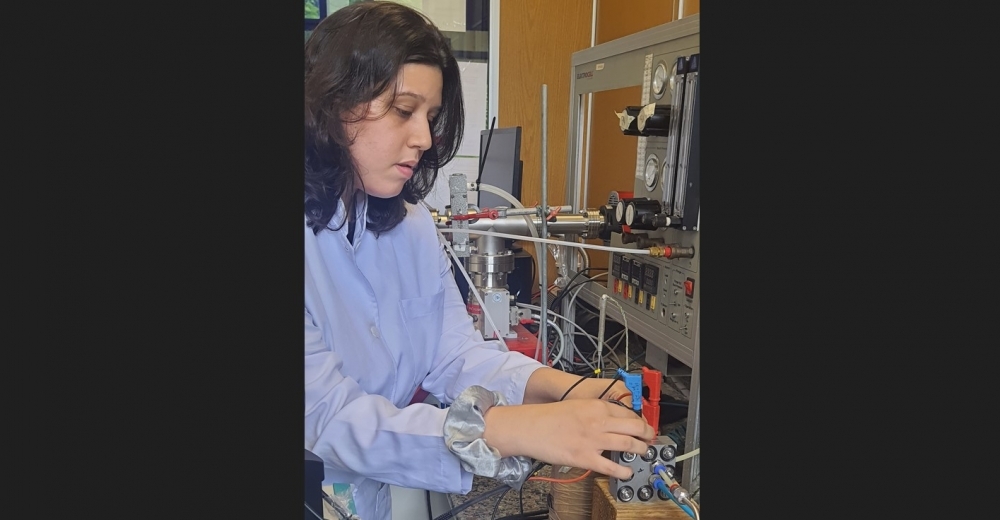
Annual production of NH3, the world’s most synthesized molecule, totals 1.2 million metric tons. Its successful use in fuel cells will boost demand.
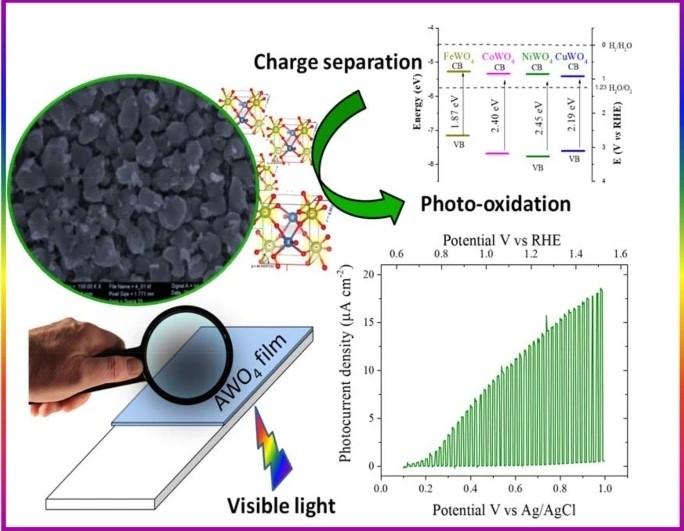
Thin films of transition metal tungstate showed potential for use in water splitting reactions and other photoelectrocatalytic applications.
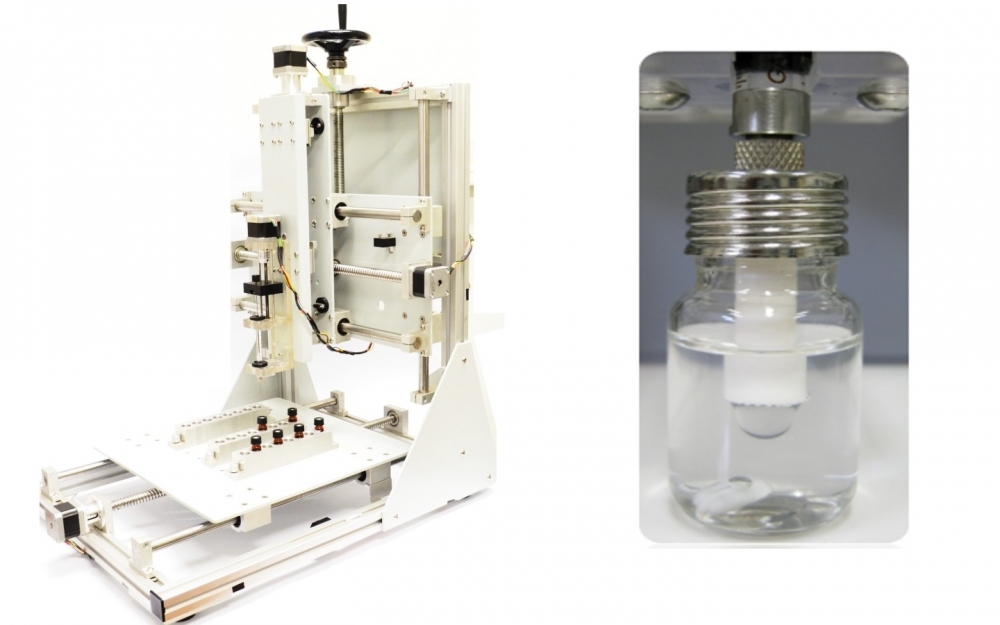
Technology developed at the University of São Paulo increases the precision of chemical analysis and reduces the use of expensive toxic solvents. The immediate focus was on parabens, potentially carcinogenic compounds used in industry as preservatives.

A company funded by FAPESP’s program to support innovation by small businesses is launching a dietary supplement for consumer hair care.

Deep techs established in São Paulo have flourished in recent years, particularly in 2017-19, according to a survey led by the Brazilian Small Business Support Service.
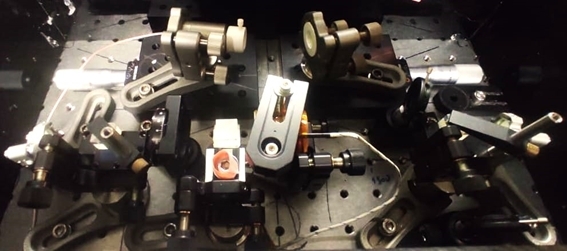
This kind of phenomenon can have applications in encryption, communications and quantum computing.

One of the aims of the telecommunications excellence hub hosted by the State University of Campinas is to build a new platform capable of deploying advanced 5G and 6G networks.
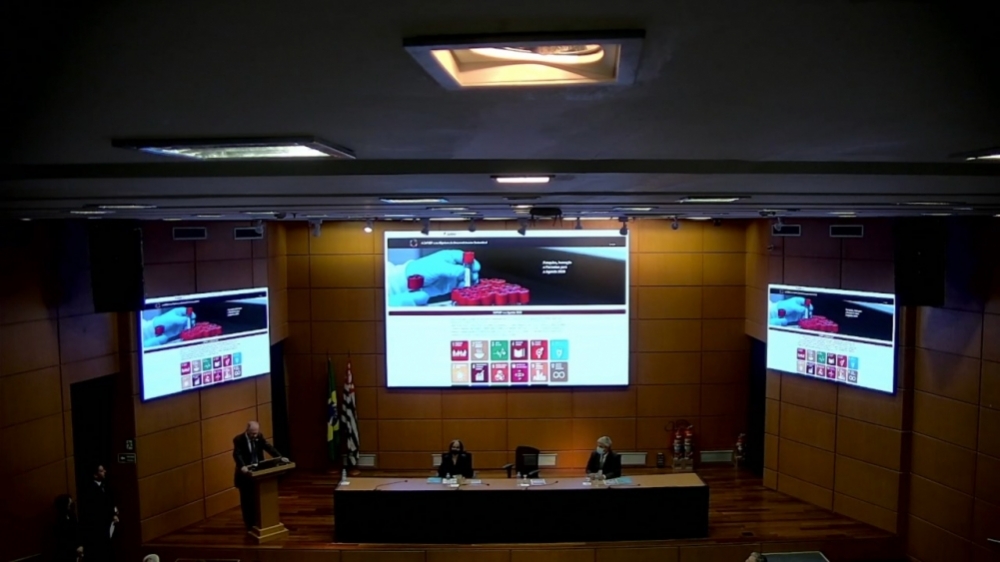
The participants included Hernan Chaimovich and Carlos Henrique de Brito Cruz. The book A Ciência no Desenvolvimento Nacional, edited by the São Paulo State Academy of Sciences, was launched during the event.
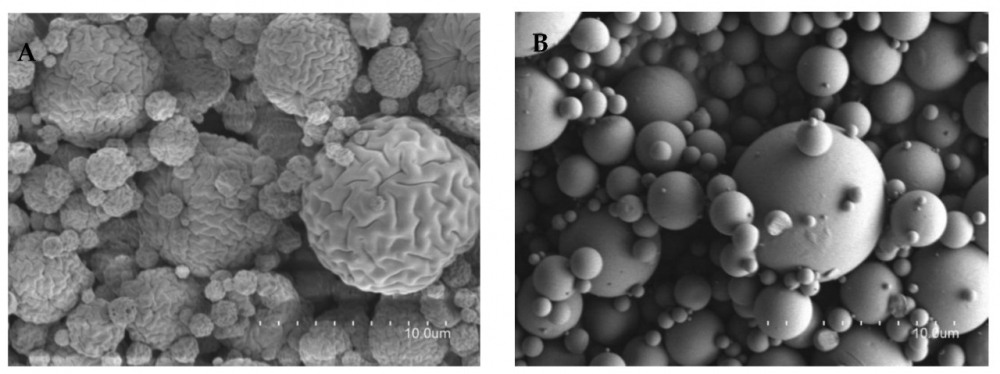
A technique created by researchers in Brazil and Spain prevents blocking of the anti-aging effect of vitamins C and B3 due to contact with air and sunlight.
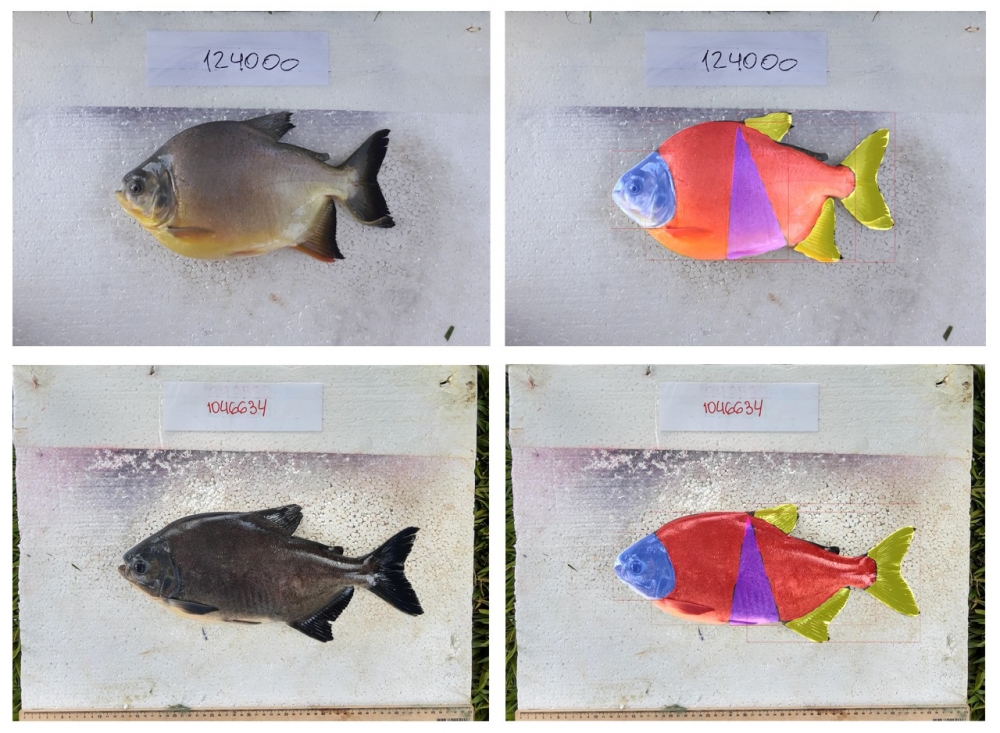
A group of researchers developed computer software that measures pacu specimens in real time under varying tank bottom and light conditions. The aim is to select attributes that indicate growth and weight gain, as well as other traits preferred by consumers.
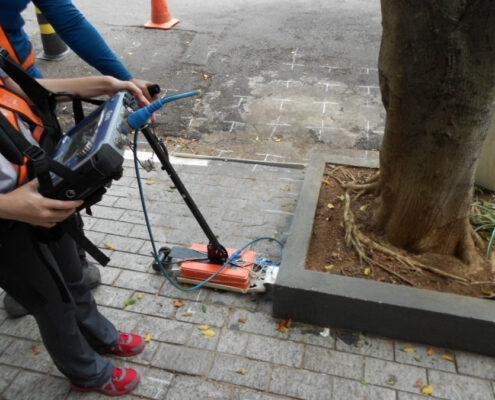
The firm is supported by FAPESP and has developed a solution that uses high-resolution images to obtain information on root systems without drilling or digging.

The second day of the Genome Workshop 20+2 featured speakers who participated in the Human Cancer Genome Project and paid tribute to former FAPESP President Ricardo Brentani.
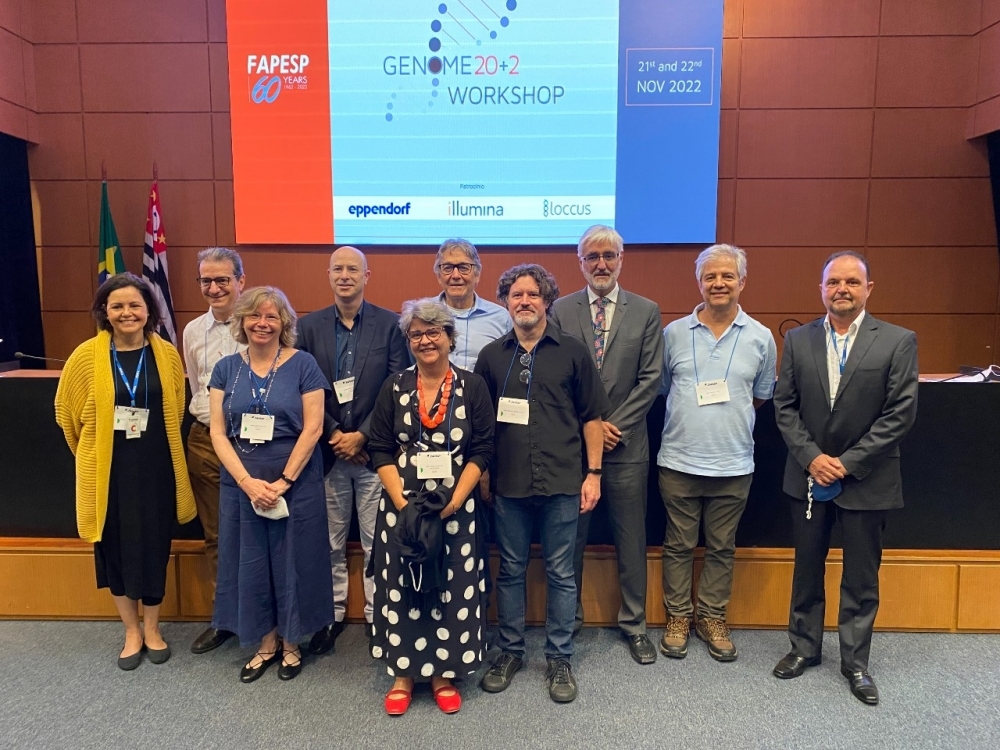
Researchers who participated in the groundbreaking initiative met at the Genome Workshop 20+2 to celebrate past achievements, analyze the current situation and assess future opportunities in the genomics of pathogens, cancer and agri-environmental management.

A study conducted at a FAPESP-supported research center shows that light interacting with free electrons in a metal can traverse nanometric structures far smaller than its wavelength.
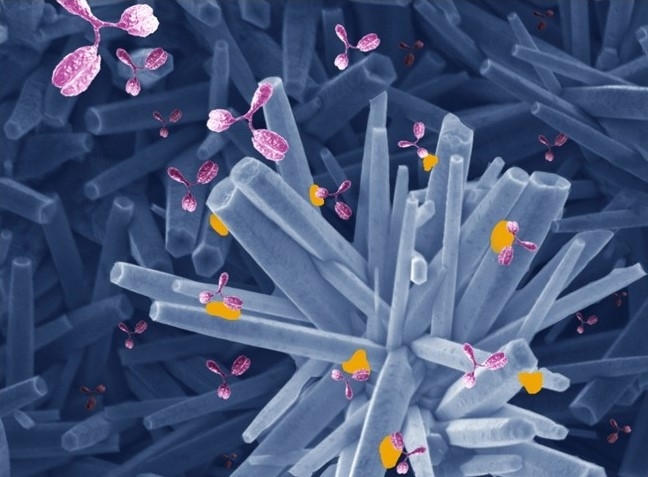
Brazilian scientists have developed a biosensor using zinc oxide combined for the first time with an electron-conducting glass substrate and the SARS-CoV-2 spike protein. The results outperformed ELISA, the current gold standard for diagnosing infectious diseases.

The importance of organizing and assuring access to the government’s healthcare data via the SUS was highlighted in a presentation by Ester Sabino, a professor at the University of São Paulo, to a webinar hosted by the São Paulo State Academy of Sciences. Data integration and access would benefit researchers and the Health Ministry, and help to direct investment in the sector.

A firm supported by FAPESP is developing self-cleaning products with flame-retardant, anti-microbial and anti-fungal properties that afford protection against ultraviolet radiation.